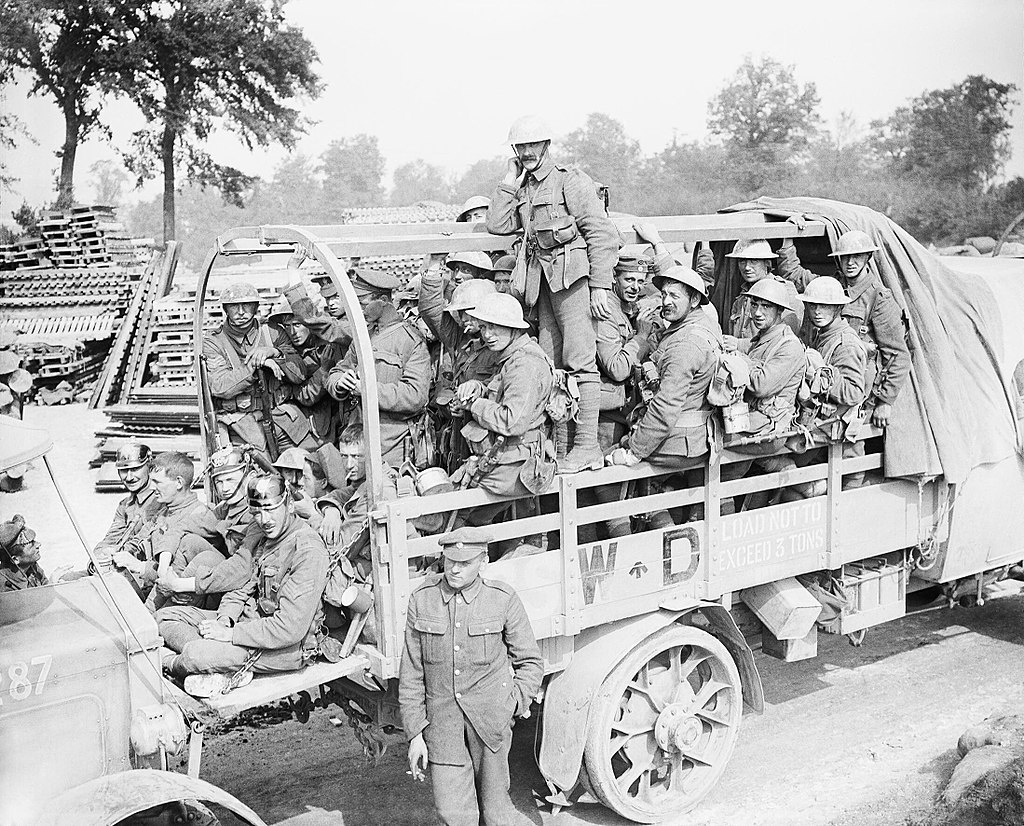WHEN one thinks of 1916 and Irish combat, one immediately thinks of the Easter Rising. But those brave souls who put their lives on the line weren't the only ones fighting for freedom.
While rebels attempted a daring insurrection to put an end to the British occupation in Ireland back home, thousands of Irish soldiers were fighting for the British in Europe during World War 1.
As the Rising began to crumble in Dublin, the British 16th Division, which was made up entirely of Irish soldiers, and under the command of Irish Major General William Hickie, was flying the flag (figuratively) for Ireland overseas.
The regiment spent the entirety of the Great War on the Western Front, and on April 27, found themselves engaging the Germans near the French village of Hulluch.
The Irish were subjected to cloud gas attacks as well as artillery bombardment, but the Germans had a slightly different tactic up their sleeves.
As trench warfare began to set in on the outskirts of the village, the Germans erected a huge sign in no man's land, intended to break Irish spirit, and even possibly turn them enemy against their commanders, or even each other.
Referencing the British occupation of Ireland, the Germans wrote: "English guns are firing on your wives and children," in an attempt to force the soldiers to question their allegiance.
 Members of the 16th Division (Irish Regiment) during the Battle of the Somme in 1916
Members of the 16th Division (Irish Regiment) during the Battle of the Somme in 1916Despite this, the Irish recognised, quite rightly, that despite major issues at home, their immediate enemy were the ones launching poison gas attacks their way, and weren't affected by the taunt - though it must be said that more Irishmen lost their lives at Hulluch (442) than in the Easter Rising back home.
And tragically, more would follow.
Despite a significant number of gas causalities, the Irish regiment prevented any sort of German advance, and shortly they were moved to the Somme Valley, where just over a month one of the bloodiest battles in all of human history would take place.

